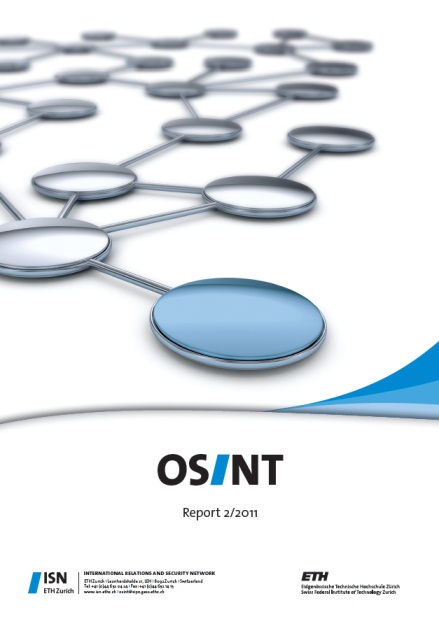
The problem with Countering Terrorism Financing (CTF) today is not a lack of comprehensive measures on the global stage, but of developed international norms to support its regulatory framework.
Today, most CTF measures (e.g. the UN International Convention for the Suppression of the Financing of Terrorism, or the Financial Action Task Force) perform merely ‘advisory functions’ and lack even the tenuous force of international law. Not only the enforcement but the adoption and implementation of global CTF is entirely up to states themselves.
In the ISN’s latest OSINT report we emphasized that despite all recent policy talk on the matter, the international community has been slow in building a global CTF body that resembles an international regime.*
A case in point: under UN resolution 1373, each country has the authority to freeze an entity’s financial assets. However, if these assets are located in the jurisdiction of another country, resolution 1373 only authorizes the inquiring government to call upon the other to cooperate. So, while the Indian Ministry of Home Affairs continues to freeze the assets of Kashmiri terrorist groups, there is nothing they can do, legally speaking, to ensure that the money is frozen in Pakistan as well.
In its current form, the effectiveness of global CTF depends upon the willingness of states to identify with its aims and to cooperate with each other. And at present there are few indications of such willingness.
There are, for example, considerable transatlantic gaps over what exactly a global CTF regime should consist of. Due to converging threat perceptions and thick bilateral relationships, these gaps are usually manageable. Outside this geostrategic realm, however, concord is harder to discern; few Muslim countries, for instance, support the development of a global CTF regime.
In many ways the inability to form a CTF regime beyond the western hemisphere is the legacy of the philosophy of global governance that prevailed during the so-called ‘war on terror’, what Richard Haass has called “multilateralism à la carte”. The withdrawal from multilateralism that this period witnessed, e.g. by creations like the “coalition of the willing” (so characteristic of neo-conservatism), hampered projects like global CTF, as many Muslim states perceived global governance institutions as little more than tools for a few states to push their view of history.
In recent years, however, former proponents of à la carte multilateralism like Robert Kagan and Francis Fukuyama have changed their theoretical tack. They now agree that only thick multilateral and democratic global governance structures can tackle transnational problems like the financing of terrorism. Most of all, they believe that states will only participate in regimes if they are perceived to be legitimate.
Because of circumstances surrounding, for example, global CTF (where compliance relies on persuasion and attractiveness rather than coercion), legitimacy is increasingly viewed in terms of the “public domain” school of thought (see, e.g., Patrick Cotrell). Among other things, this school believes that rather than emphasizing ‘‘hard’’ rules, governance structures should instead rely on ‘‘communicative processes of argumentation, persuasion, learning, and experimentation aimed at generating the social cohesion necessary to identify and solve common problems.’’
This thinking is well-positioned to provide what existing CTF lacks. Namely, the normative belief that a rule or institution ought to be obeyed.
Luckily, it is not only academics that think along these lines. The 2010 Financial Action Task Force report (which is the nearest thing we have to a global CTF regime), as well as the newly released national strategies for counter terrorism of the United States and the United Kingdom, invoke language that points to the need to build inclusive, legitimate global governance institutions by emphasizing contestation, debate and participation.
It is still too early to tell what will become of this shift in governance philosophy, but let’s hope that the states concerned can at least come together and talk about it.
*For example, Stephen Krasner‘s definition: “sets of explicit or implicit principles, norms, rules, and decision making procedures around which actor expectations converge in a given issue-area.”
|
|
ISN OSINT Report 2/2011 The latest OSINT report explores the current literature regarding the financing of terrorism. It aims at identifying the prevalent academic approaches to conceptualizing terrorism funding by presenting a typology of sources, providing an overview of channels or logistics, and evaluating the actual countermeasures in place.
Click here to view a list of all previous OSINT Reports. |


